Optimal Timing for Waterproofing Applications
Waterproofing is essential for protecting structures from water intrusion, which can cause damage, mold growth, and structural deterioration. The timing of waterproofing applications can significantly influence their effectiveness and longevity. Proper scheduling ensures optimal adhesion, curing, and performance of waterproofing materials, reducing the need for future repairs.
These seasons offer moderate temperatures and low humidity, ideal for waterproofing projects. Warm weather helps materials cure properly, ensuring durability and effectiveness.
Periods with minimal rainfall and stable weather conditions are optimal. Dry conditions prevent moisture interference during application and curing phases.
Applying waterproofing prior to heavy rain or snow ensures structures are protected before exposure to water stress.
Waterproofing should not be performed when temperatures are near or below freezing, as materials may not cure correctly and could be compromised.
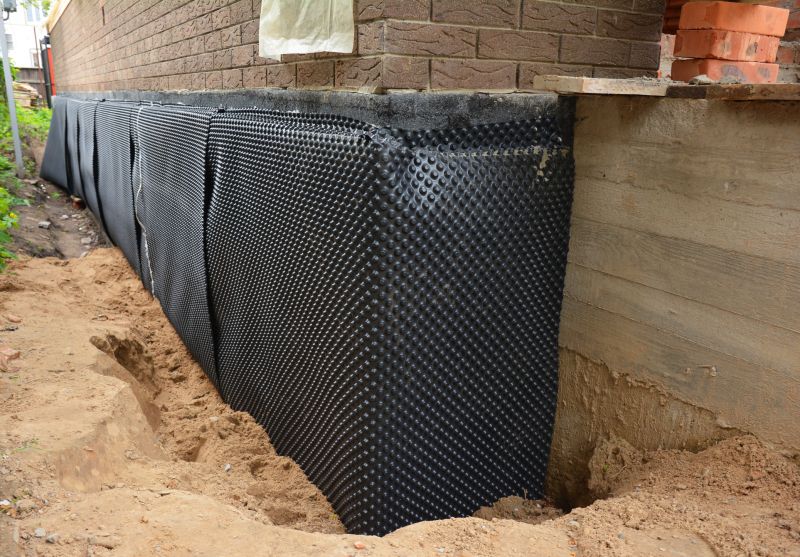
Ways to make Waterproofings work in tight or awkward layouts.
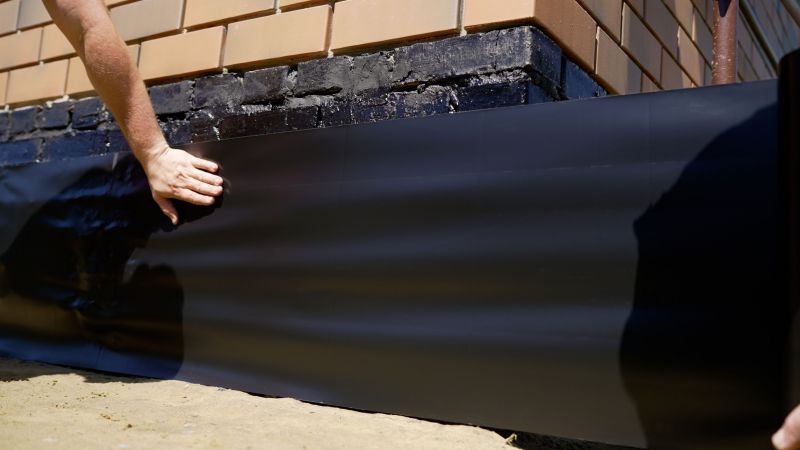
Popular materials for Waterproofings and why they hold up over time.
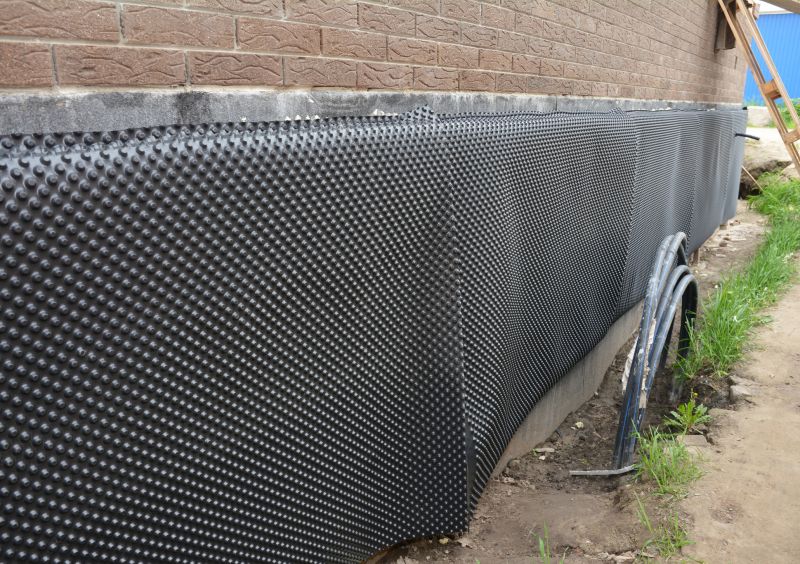
Simple add-ons that improve Waterproofings without blowing the budget.
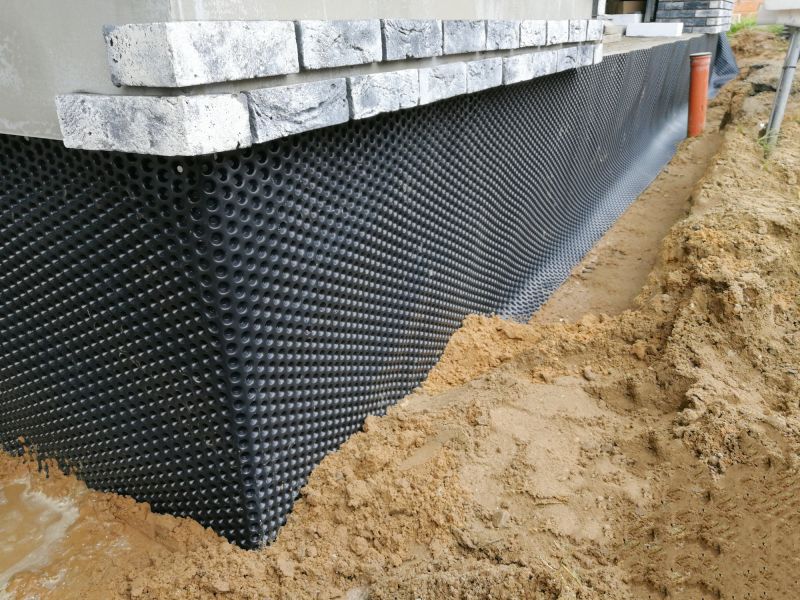
High-end options that actually feel worth it for Waterproofings.
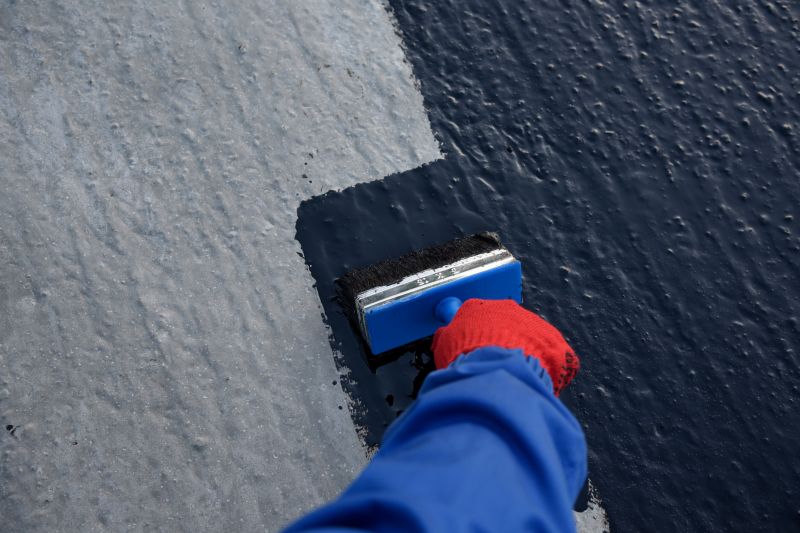
Finishes and colors that play nicely with Waterproofings.
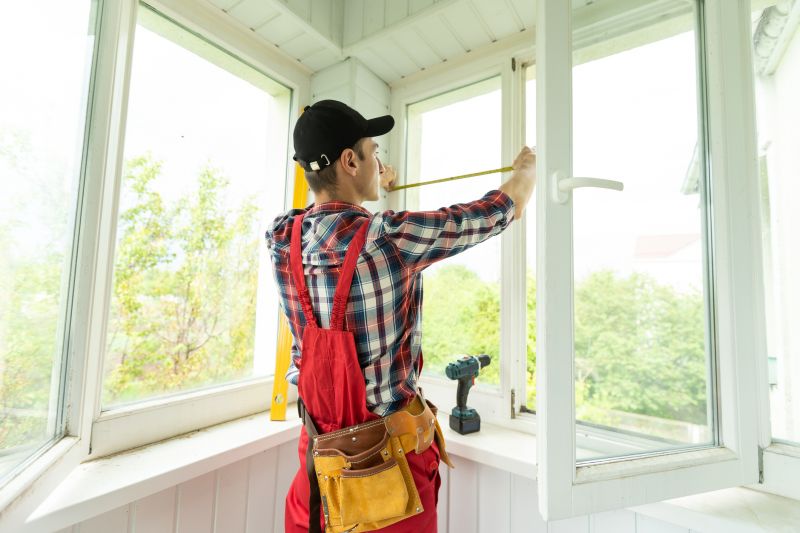
Little measurements that prevent headaches on Waterproofings day.
Waterproofings involve the application of membranes, coatings, or sealants designed to prevent water penetration. These systems are critical for foundations, roofs, basements, and other vulnerable areas. Properly timed waterproofing can extend the lifespan of structures, reduce maintenance costs, and prevent water-related damages.
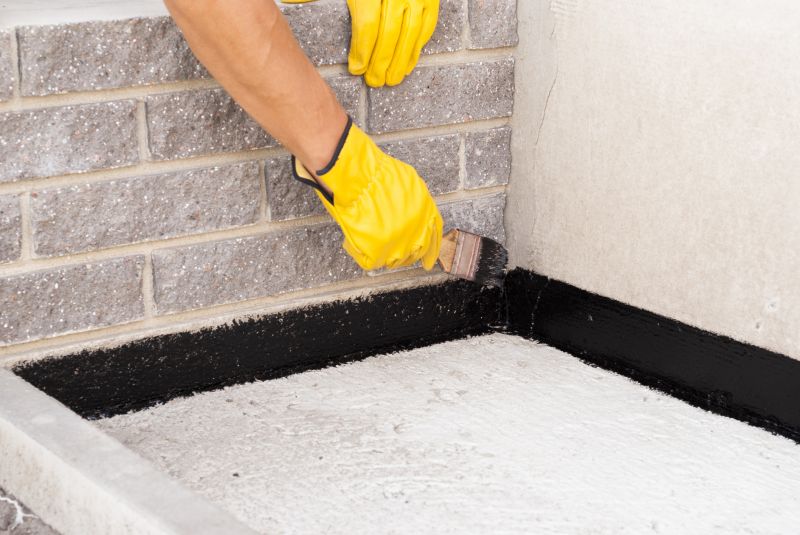
A 60-second routine that keeps Waterproofings looking new.
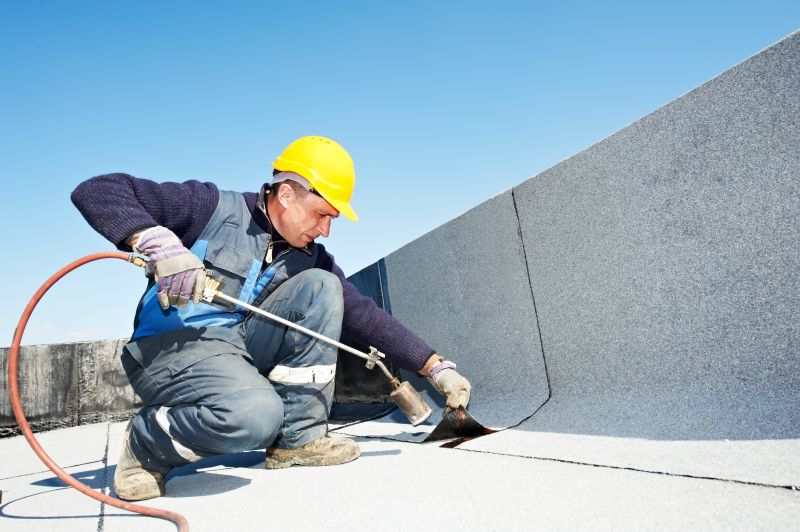
A frequent mistake in Waterproofings and how to dodge it.
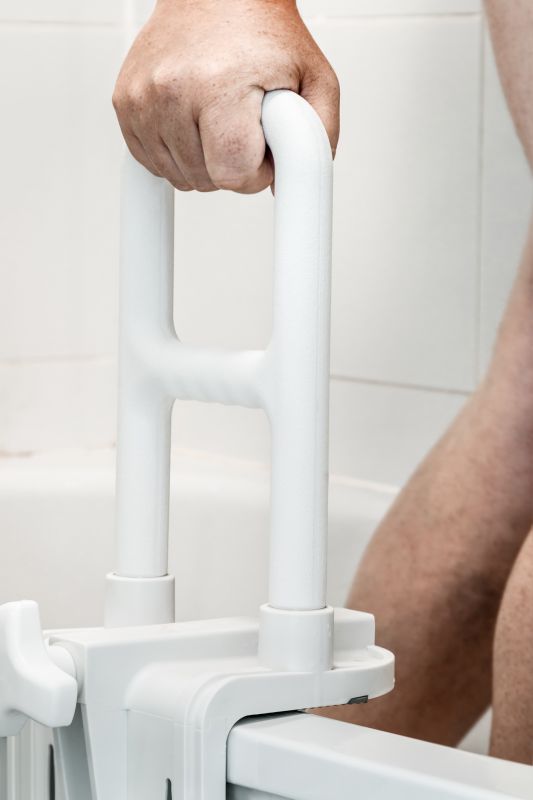
Small tweaks to make Waterproofings safer and easier to use.
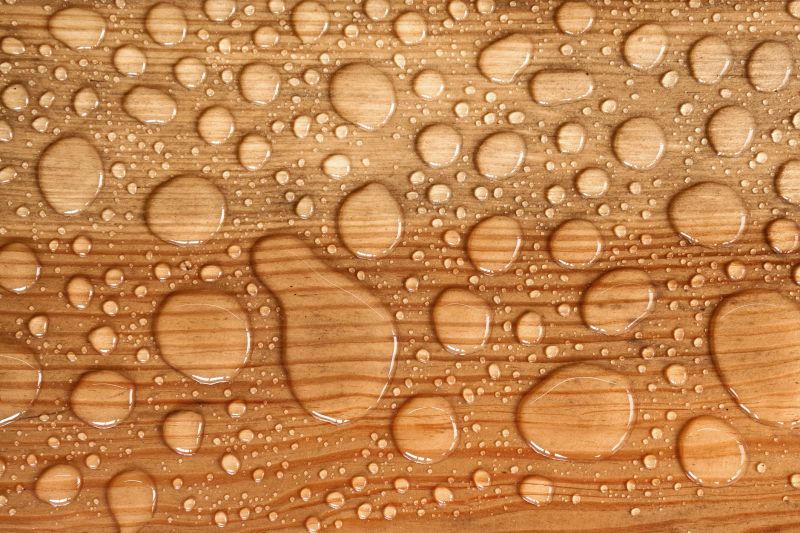
Lower-waste or water-saving choices for Waterproofings.
| Season | Ideal Conditions |
|---|---|
| Spring | Moderate temperatures, low humidity |
| Early Summer | Warm weather, dry days |
| Late Summer | Stable, dry conditions |
| Early Fall | Dry weather, mild temperatures |
| Pre-winter | Avoid freezing temperatures |
Choosing the right time for waterproofing enhances the effectiveness and durability of the application. Proper timing minimizes risks of material failure and ensures long-lasting protection for structures. Consulting with waterproofing professionals can help determine the optimal schedule based on local climate conditions.
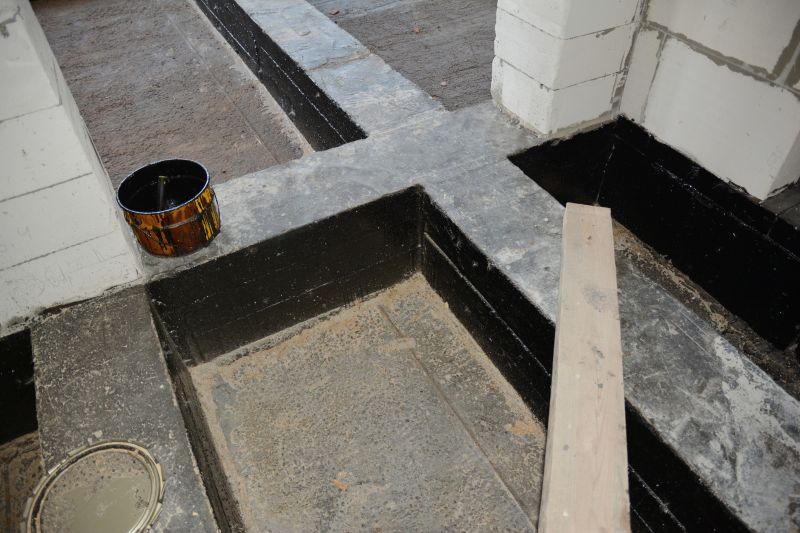
The short, realistic tool list for quality Waterproofings.
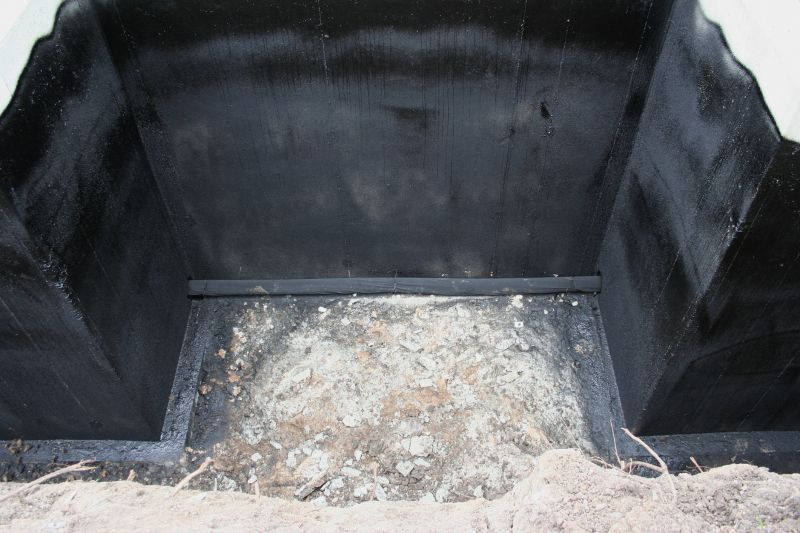
Rough timing from prep to clean-up for Waterproofings.
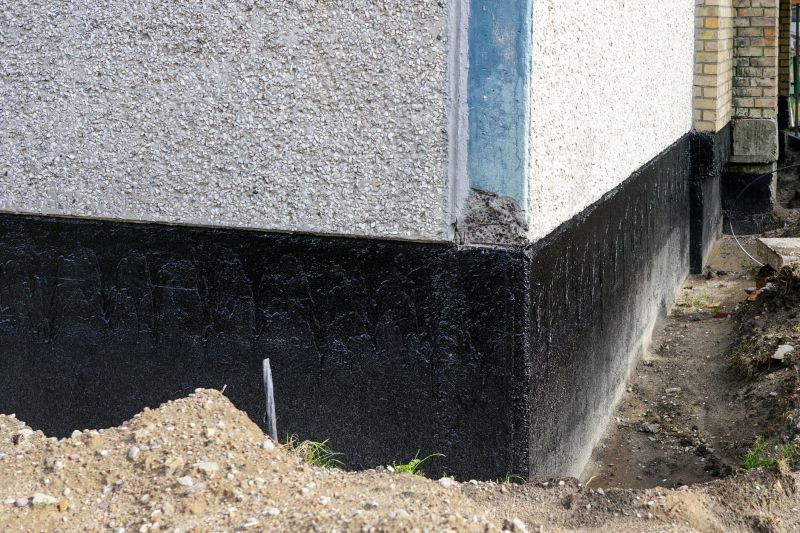
Quick checks and paperwork to keep after Waterproofings.
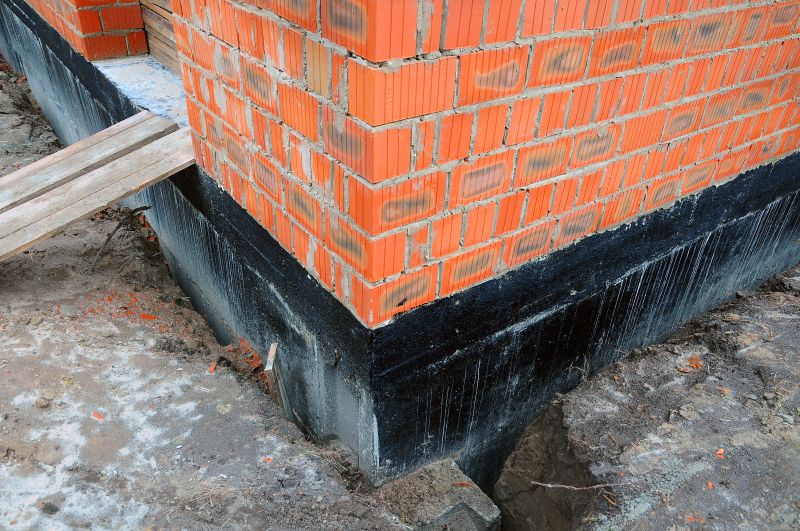
Examples that show the impact a good Waterproofings can make.
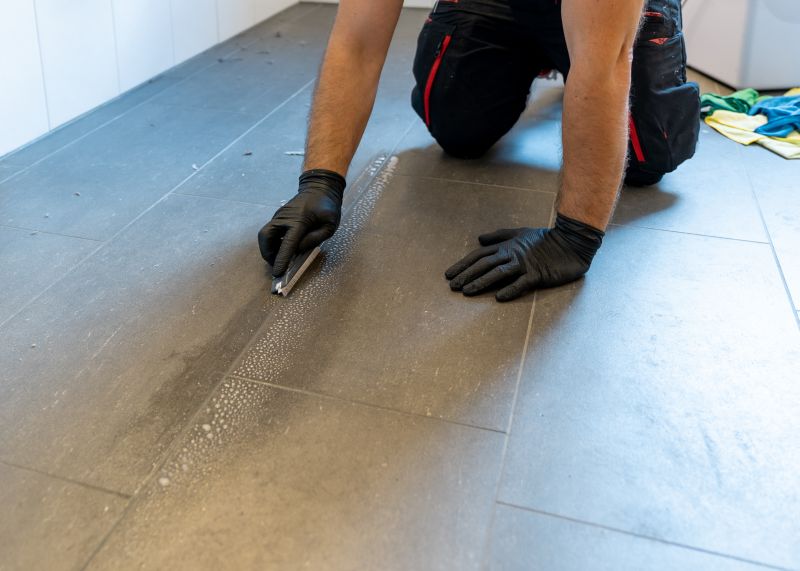
Ways to make Waterproofings work in tight or awkward layouts.
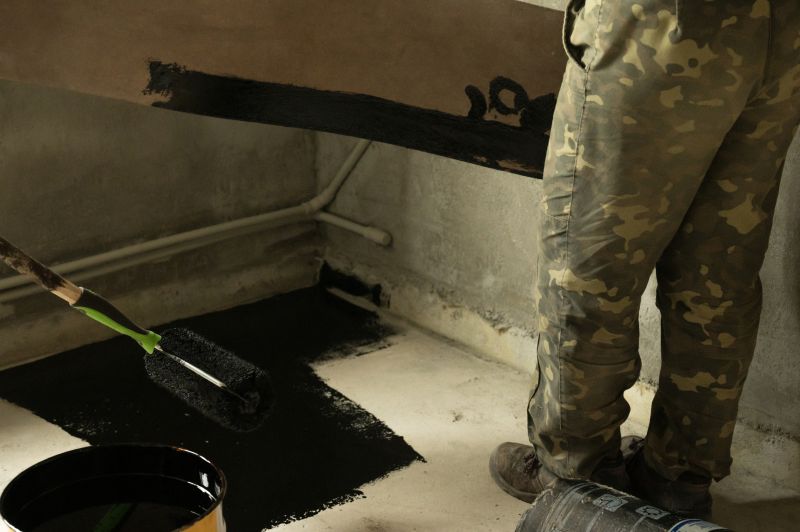
Ways to make Waterproofings work in tight or awkward layouts.
Interested in waterproofing services? Filling out the contact form is a straightforward way to receive expert advice and schedule an assessment for your property. Proper timing and application are key to ensuring long-term protection against water damage.



